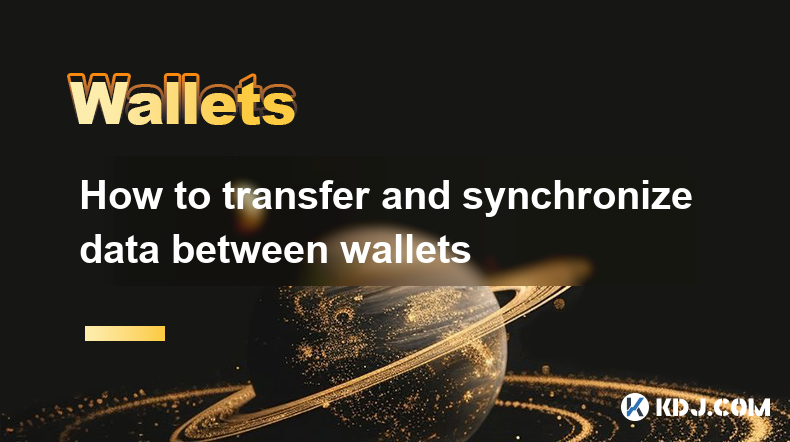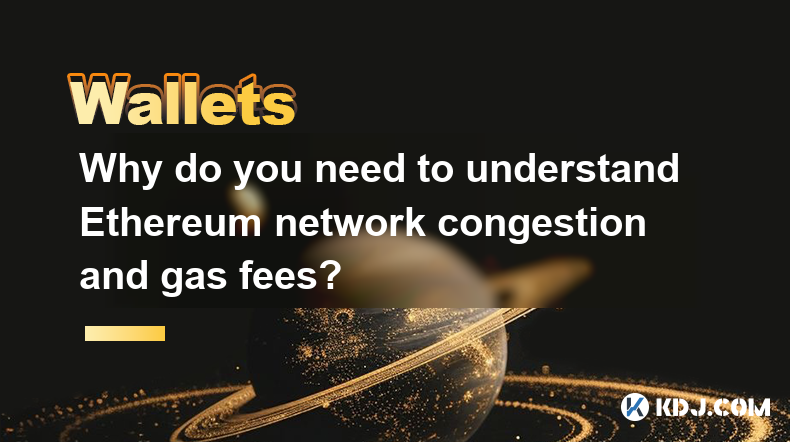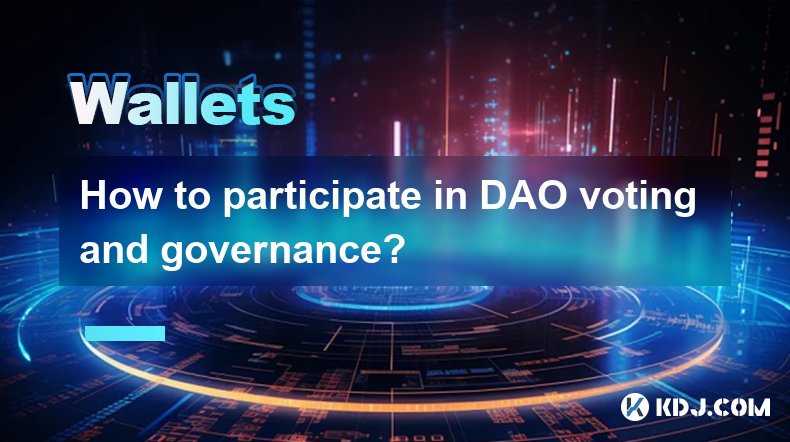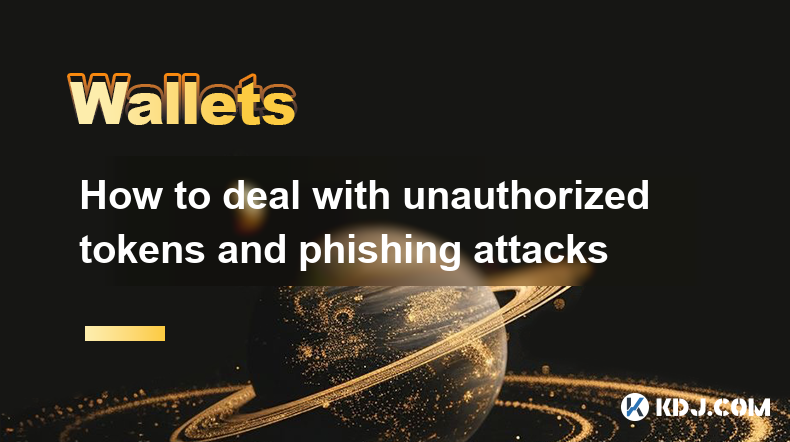-
 Bitcoin
Bitcoin $96,423.2361
-1.98% -
 Ethereum
Ethereum $2,687.4326
-2.59% -
 XRP
XRP $2.5818
-3.06% -
 Tether USDt
Tether USDt $0.9998
-0.03% -
 BNB
BNB $655.8685
0.40% -
 Solana
Solana $171.1929
-2.80% -
 USDC
USDC $1.0000
0.01% -
 Dogecoin
Dogecoin $0.2440
-3.60% -
 Cardano
Cardano $0.7663
-4.19% -
 TRON
TRON $0.2378
-4.96% -
 Chainlink
Chainlink $17.4954
-4.50% -
 Sui
Sui $3.3455
-4.52% -
 Avalanche
Avalanche $24.8717
-1.21% -
 Stellar
Stellar $0.3278
-3.39% -
 Litecoin
Litecoin $129.5275
-3.78% -
 Hedera
Hedera $0.2157
-1.77% -
 Toncoin
Toncoin $3.6223
1.02% -
 UNUS SED LEO
UNUS SED LEO $9.7265
-0.20% -
 Shiba Inu
Shiba Inu $0.0...01523
-2.39% -
 Hyperliquid
Hyperliquid $24.7464
-2.04% -
 Polkadot
Polkadot $5.0989
0.41% -
 MANTRA
MANTRA $7.5112
-1.79% -
 Bitcoin Cash
Bitcoin Cash $317.7396
-2.92% -
 Bitget Token
Bitget Token $5.0163
7.37% -
 Ethena USDe
Ethena USDe $0.9988
-0.09% -
 Dai
Dai $1.0002
0.02% -
 Uniswap
Uniswap $8.7946
-5.33% -
 Monero
Monero $232.2611
-1.64% -
 NEAR Protocol
NEAR Protocol $3.4081
-2.87% -
 Pepe
Pepe $0.0...09228
-5.30%
How does Ethereum Wallet store Ethereum (ETH)?
Ethereum Wallets securely store private keys, which provide access to funds held at Ethereum addresses, safeguarding users' Ethereum assets.
Feb 21, 2025 at 04:01 pm

Key Points:
- Ethereum Wallet is a software program that stores the private keys used to access Ethereum addresses.
- Private keys are long, random numbers that give access to the funds held at an Ethereum address.
- Ethereum Wallets can be accessed through various interfaces, including web browsers, mobile apps, and hardware devices.
- There are different types of Ethereum Wallets, each with its own advantages and disadvantages.
How does Ethereum Wallet store Ethereum (ETH)?
Creating an Ethereum Wallet:
- When you create an Ethereum Wallet, you generate a new pair of public and private keys.
- The public key is used to receive Ethereum, while the private key is used to send Ethereum.
- It is crucial to keep your private key secret, as anyone with access to it can control your funds.
Storing Private Keys:
- Ethereum Wallets store private keys in encrypted format, using industry-standard cryptography.
- This protects your private keys from unauthorized access, even if your device is compromised.
- Different types of wallets use different encryption methods and security measures to store private keys.
Accessing Ethereum Addresses:
- To access the Ethereum stored at an Ethereum address, you need the private key associated with that address.
- Ethereum Wallets provide a user-friendly interface for accessing and managing Ethereum addresses.
- You can send and receive Ethereum, check your balance, and view transaction history.
Keystore File:
- When you create an Ethereum Wallet, you are often provided with a "keystore file."
- This file contains an encrypted version of your private key and is protected by a password.
- It is important to store your keystore file securely and keep your password secret.
Mnemonic Phrase:
- Some Ethereum Wallets generate a "mnemonic phrase" instead of a keystore file.
- A mnemonic phrase is a sequence of 12 or 24 words that can be used to recover your private keys.
- It is important to memorize your mnemonic phrase and store it in a safe place.
FAQs:
What is the difference between a hardware wallet and a software wallet?
- Hardware wallets are physical devices that store private keys offline. Software wallets are computer programs that store private keys on your device.
Which is the best Ethereum Wallet?
- The best Ethereum Wallet for you depends on your specific needs and preferences. Consider factors such as security, ease of use, and supported features.
Disclaimer:info@kdj.com
The information provided is not trading advice. kdj.com does not assume any responsibility for any investments made based on the information provided in this article. Cryptocurrencies are highly volatile and it is highly recommended that you invest with caution after thorough research!
If you believe that the content used on this website infringes your copyright, please contact us immediately (info@kdj.com) and we will delete it promptly.
- Bitcoin, XRP Price Breakout Imminent, As Trading Range Narrows Further
- 2025-02-22 15:00:24
- Bitcoin Long-Term Holders Tighten Grip as Selling Pressure Wanes, Signaling Potential Rebound
- 2025-02-22 15:00:24
- Mike Novogratz Flips on XRP, Acknowledges Power of Community
- 2025-02-22 15:00:24
- Skyren DAO: The World's First Airdrop Collection DAO Redefining Passive Income
- 2025-02-22 15:00:24
- HIVE Digital Technologies Set to Expand Bitcoin Mining Operations in Paraguay, Targeting 400% Growth
- 2025-02-22 14:50:24
- From XRP's Surge to Toncoin's Woes: Why Panshibi (SHIBI) Could Be the 100x Crypto Play
- 2025-02-22 14:50:24
Related knowledge

What are cold storage and hot storage? Which one is safer?
Feb 22,2025 at 03:18pm
Key Points:Cold storage and hot storage are two methods of storing cryptocurrencies.Cold storage involves storing cryptocurrencies offline, while hot storage involves storing them online.Cold storage is generally considered safer than hot storage, as it is not connected to the internet and is therefore less susceptible to hacking.Cold StorageCold storag...

How to synchronize wallets in multiple devices and browsers
Feb 22,2025 at 09:18am
Key Points:Understand the different types of cryptocurrency wallets and their synchronization capabilities.Learn how to synchronize hardware wallets with multiple devices.Discover the steps involved in synchronizing software wallets across platforms.Explore the options for synchronizing mobile wallets on different devices.Gain insight into browser exten...

How to transfer and synchronize data between wallets
Feb 21,2025 at 12:25pm
Key Points:Understanding different wallet types and their capabilitiesIdentifying similarities and differences between walletsExploring options for transferring and synchronizing dataEnsuring data security and integrity during transferAddressing common challenges and troubleshooting tipsHow to Transfer and Synchronize Data Between Cryptocurrency Wallets...

Why do you need to understand Ethereum network congestion and gas fees?
Feb 21,2025 at 04:48am
Key PointsUnderstanding Ethereum Network Congestion and Gas FeesGas Fees ExplainedFactors Affecting Network CongestionStrategies for Minimizing Gas FeesImpact of Ethereum UpgradesUnderstanding Ethereum Network Congestion and Gas FeesThe Ethereum network is a decentralized platform that hosts a vast ecosystem of decentralized applications (dApps), non-fu...

How to participate in DAO voting and governance?
Feb 21,2025 at 03:42pm
Key Points:Overview of DAO Voting and GovernanceUnderstanding DAO Structures and MembershipRole of DAO Tokens and Voting RightsParticipating in Voting and Proposal SubmissionLeveraging Governance Tools and PlatformsImpact of Voting Participation on DAO OutcomesBest Practices for Effective DAO GovernanceHow to Participate in DAO Voting and Governance1. U...

How to deal with unauthorized tokens and phishing attacks
Feb 21,2025 at 05:25am
Dealing with Unauthorized Tokens and Phishing Attacks in the Cryptocurrency CircleThe cryptocurrency market is rife with potential dangers, including unauthorized tokens and phishing attacks. To protect yourself from these threats, it's crucial to take proactive measures and be vigilant in your online activities.Key Points:Unauthorized Tokens: Tokens cr...

What are cold storage and hot storage? Which one is safer?
Feb 22,2025 at 03:18pm
Key Points:Cold storage and hot storage are two methods of storing cryptocurrencies.Cold storage involves storing cryptocurrencies offline, while hot storage involves storing them online.Cold storage is generally considered safer than hot storage, as it is not connected to the internet and is therefore less susceptible to hacking.Cold StorageCold storag...

How to synchronize wallets in multiple devices and browsers
Feb 22,2025 at 09:18am
Key Points:Understand the different types of cryptocurrency wallets and their synchronization capabilities.Learn how to synchronize hardware wallets with multiple devices.Discover the steps involved in synchronizing software wallets across platforms.Explore the options for synchronizing mobile wallets on different devices.Gain insight into browser exten...

How to transfer and synchronize data between wallets
Feb 21,2025 at 12:25pm
Key Points:Understanding different wallet types and their capabilitiesIdentifying similarities and differences between walletsExploring options for transferring and synchronizing dataEnsuring data security and integrity during transferAddressing common challenges and troubleshooting tipsHow to Transfer and Synchronize Data Between Cryptocurrency Wallets...

Why do you need to understand Ethereum network congestion and gas fees?
Feb 21,2025 at 04:48am
Key PointsUnderstanding Ethereum Network Congestion and Gas FeesGas Fees ExplainedFactors Affecting Network CongestionStrategies for Minimizing Gas FeesImpact of Ethereum UpgradesUnderstanding Ethereum Network Congestion and Gas FeesThe Ethereum network is a decentralized platform that hosts a vast ecosystem of decentralized applications (dApps), non-fu...

How to participate in DAO voting and governance?
Feb 21,2025 at 03:42pm
Key Points:Overview of DAO Voting and GovernanceUnderstanding DAO Structures and MembershipRole of DAO Tokens and Voting RightsParticipating in Voting and Proposal SubmissionLeveraging Governance Tools and PlatformsImpact of Voting Participation on DAO OutcomesBest Practices for Effective DAO GovernanceHow to Participate in DAO Voting and Governance1. U...

How to deal with unauthorized tokens and phishing attacks
Feb 21,2025 at 05:25am
Dealing with Unauthorized Tokens and Phishing Attacks in the Cryptocurrency CircleThe cryptocurrency market is rife with potential dangers, including unauthorized tokens and phishing attacks. To protect yourself from these threats, it's crucial to take proactive measures and be vigilant in your online activities.Key Points:Unauthorized Tokens: Tokens cr...
See all articles














![BONK The Meme Coin MORE THAN ORDINARY [DOG] on Solana BONK The Meme Coin MORE THAN ORDINARY [DOG] on Solana](/uploads/2025/02/22/cryptocurrencies-news/videos/bonk-meme-coin-ordinary-dog-solana/image-1.jpg)


































































